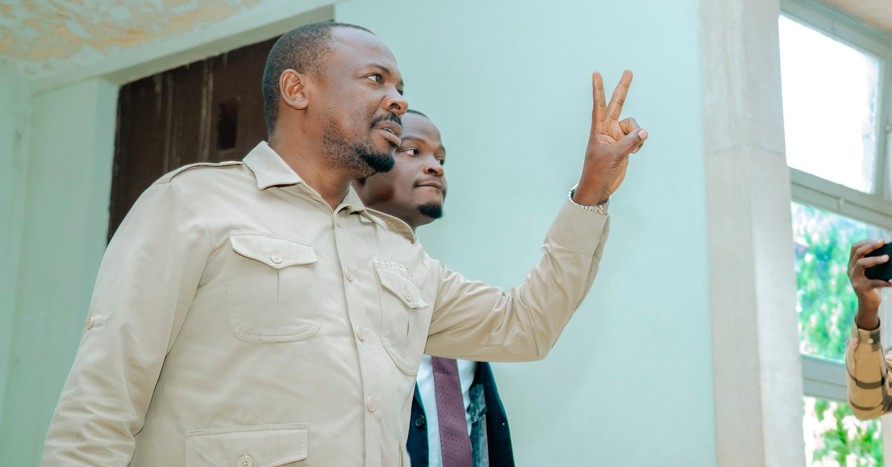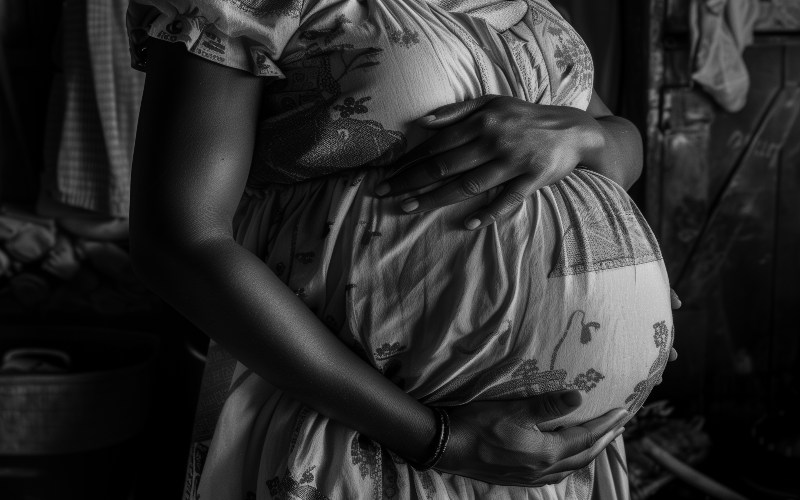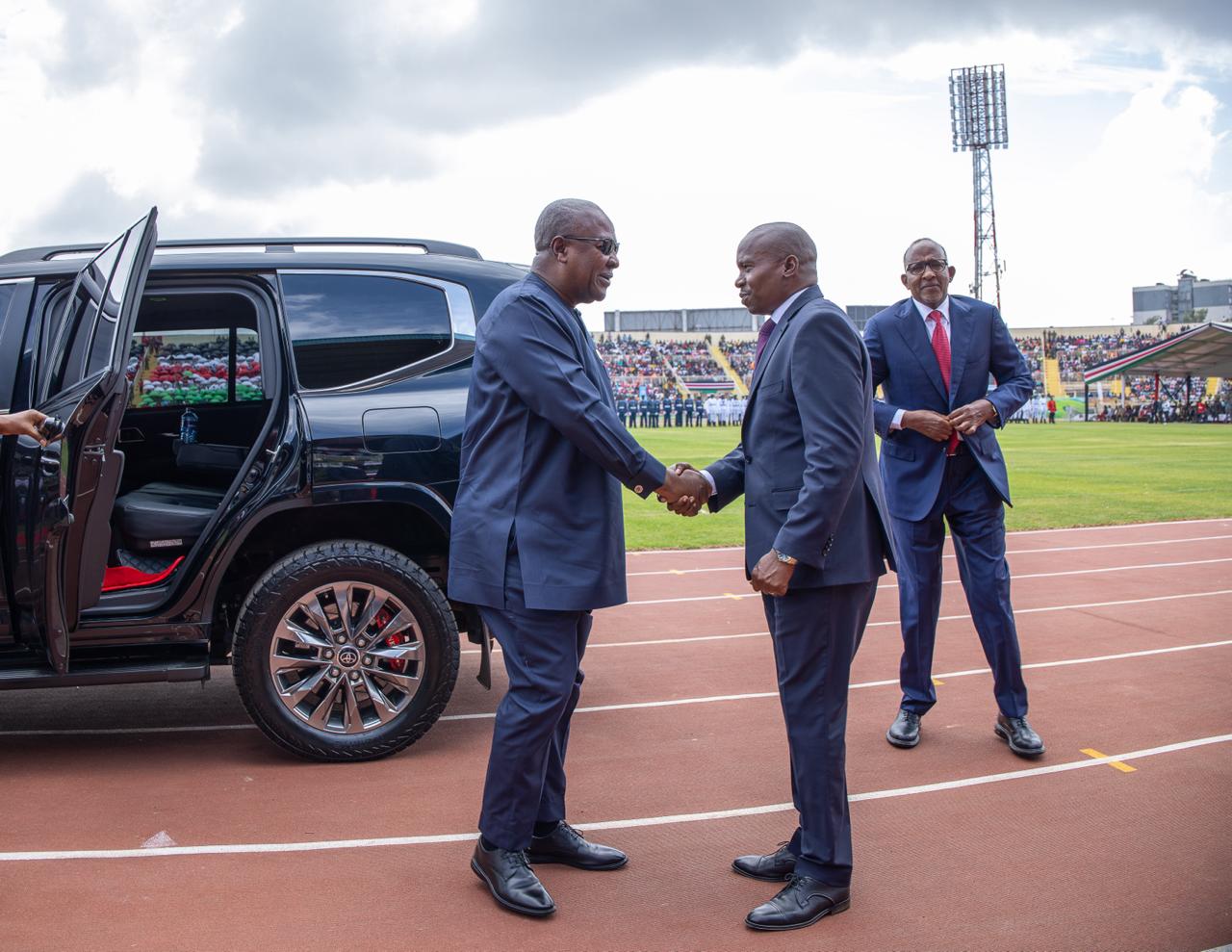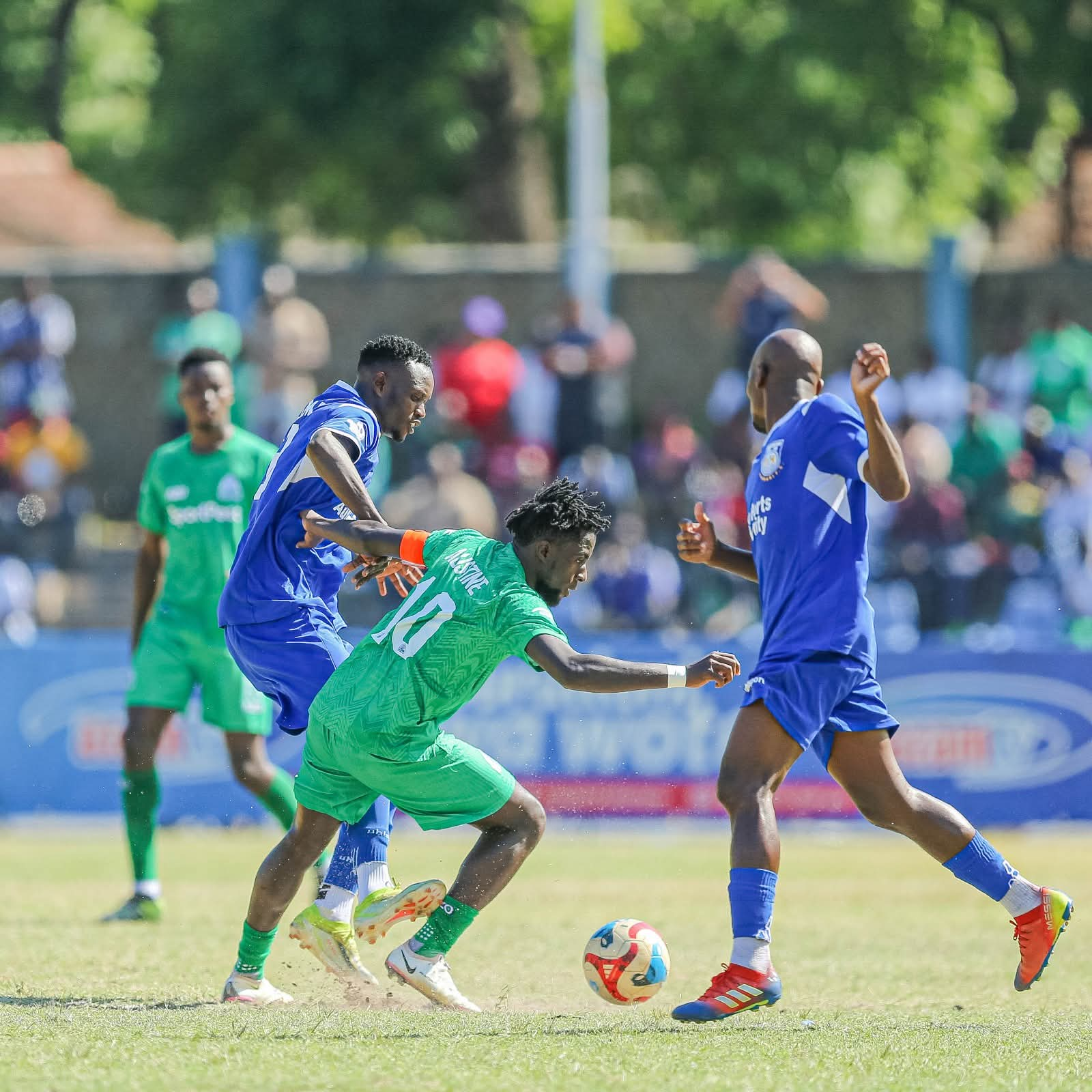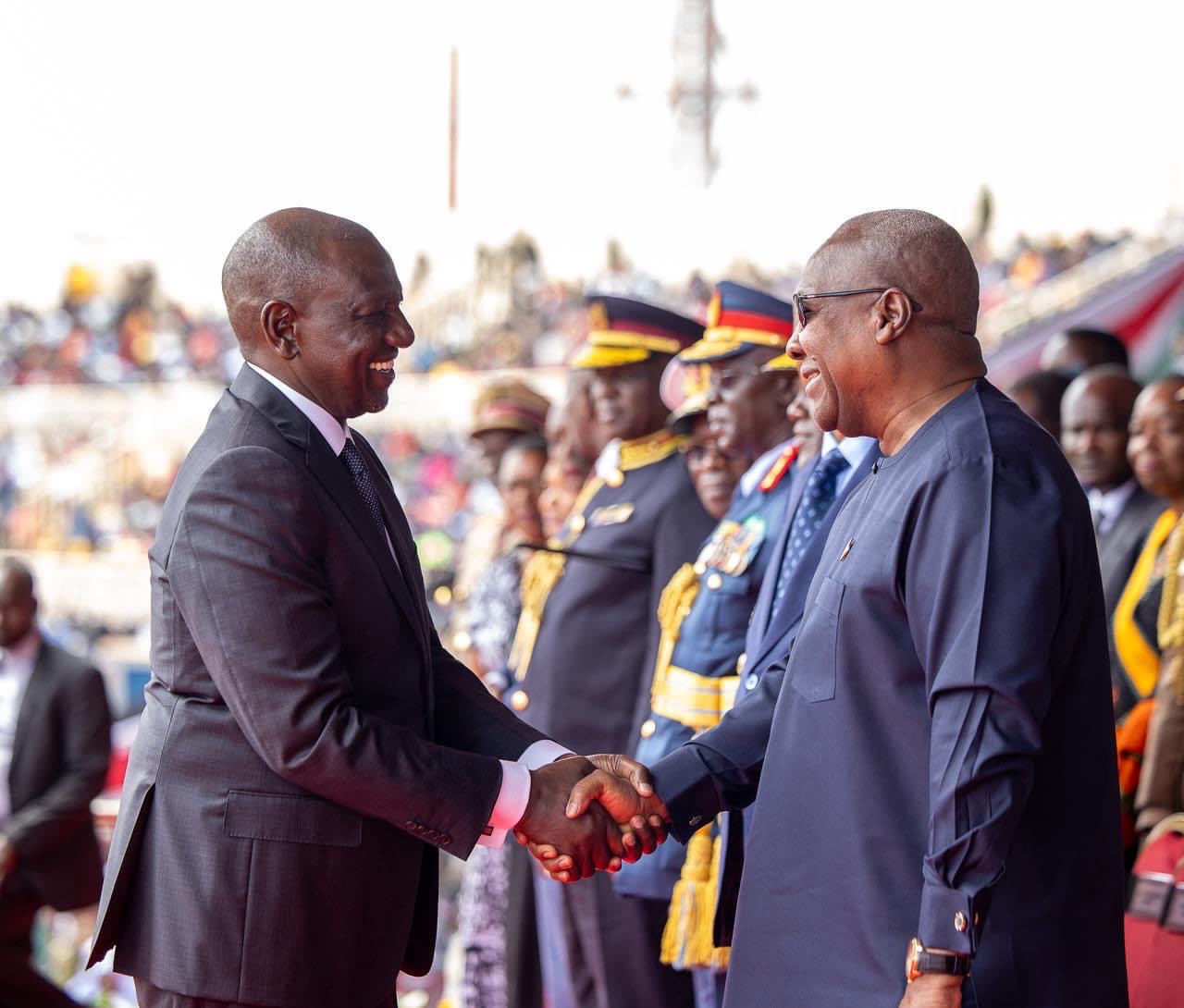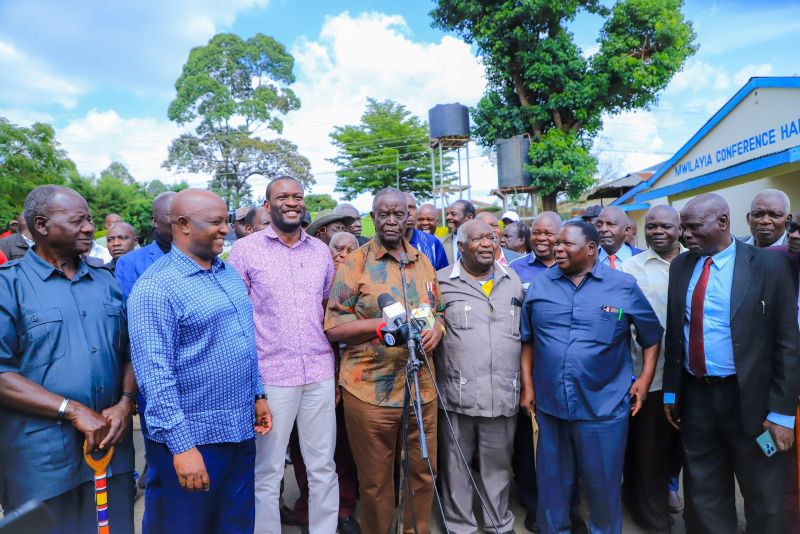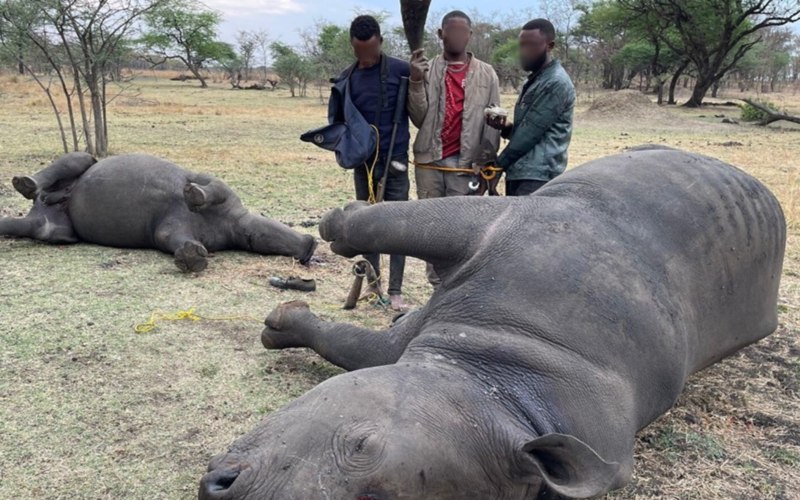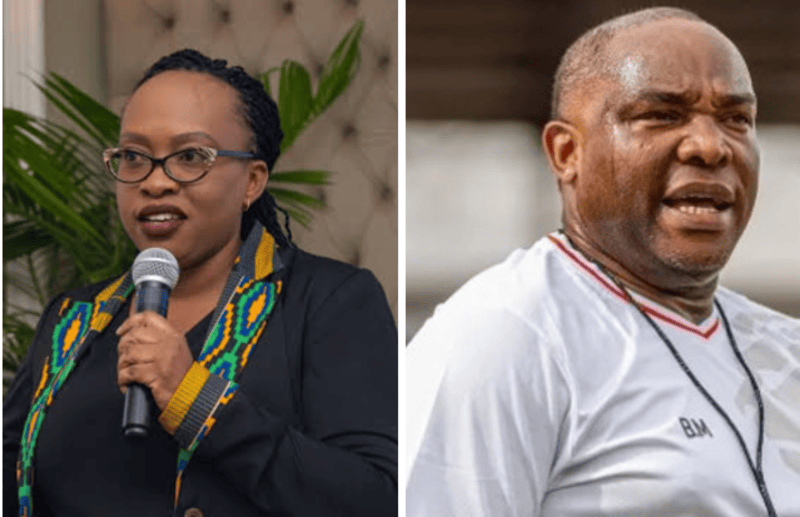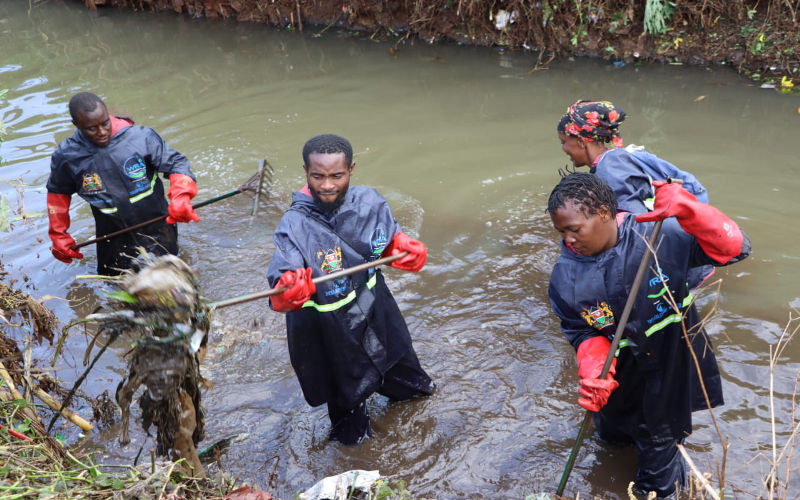Make-or-break moment for South Sudan as polls near
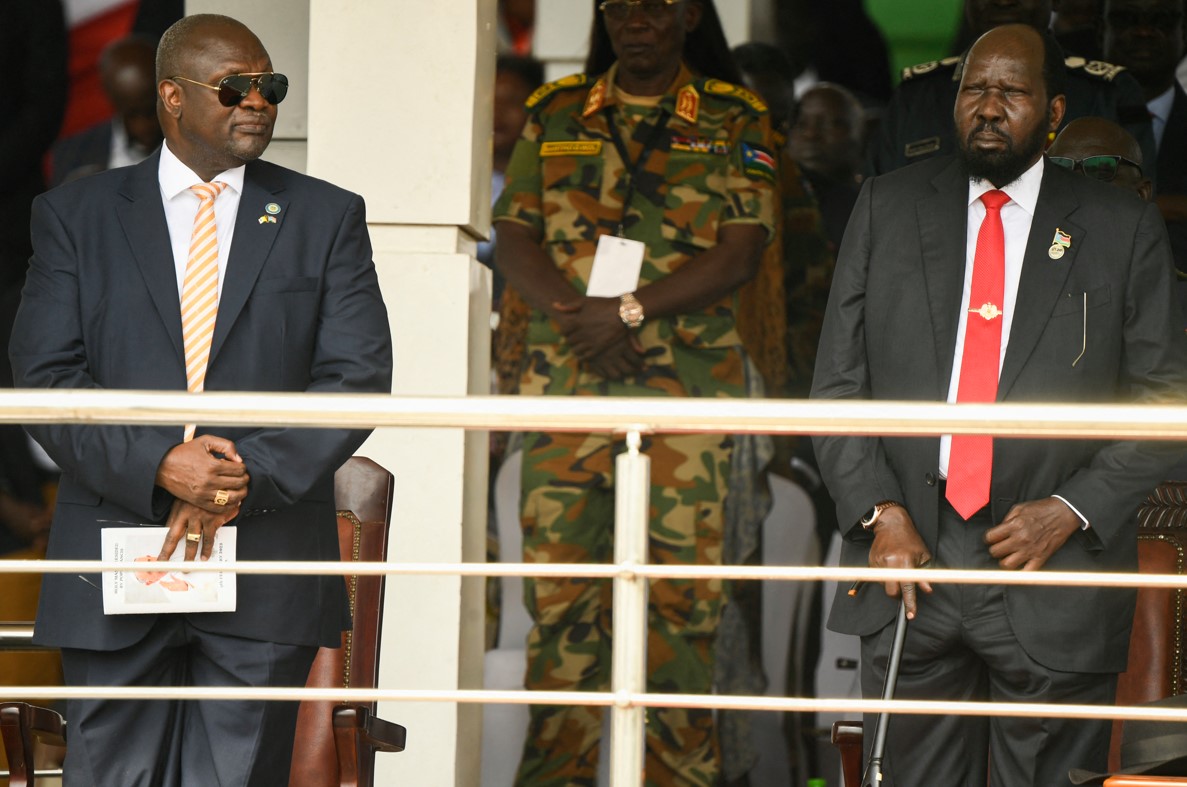
The impending election presents a tricky situation, with the world watching Sudan, aware that the outcome of the polls will shape its future trajectory.
With just 10 months to the general election in South Sudan, a cloud of uncertainty looms over the political landscape as parties fail to reach a consensus, while crucial tasks as identified by the Reconstituted Joint Monitoring and Evaluation Commission (RJMEC) remain unresolved.
This impending election poses a make-or-break moment, with the world watching the East African Community nation, aware that the outcome of the polls will shape South Sudan’s future trajectory.
More To Read
- South Sudan health system on brink as conflict and cholera spread, MSF warns
- South Sudan deploys forces to secure Heglig oil field after Sudan RSF capture
- Gunman hijacks aid plane in South Sudan, arrested after safe landing in Wau
- Sexual violence driving mass flight from Sudan to South Sudan: What you need to know
- 1,000 weapon‑wounded patients treated in South Sudan hospitals this year - ICRC
- South Sudan and Somalia eye group stage in FIFA Arab Cup 2025 qualifiers
In late February, RJMEC briefed the 1202nd meeting of the African Union Peace and Security Council, observing that the youngest country in the world is falling behind schedule in meeting its timelines ahead of the upcoming polls in December.
The commission chairman, Maj (Rtd) Charles Gituai, a Kenyan national, in a statement delivered virtually, expressed concern over the substantial amount of work still needed so as to fulfil the Agreement’s requirements necessary for conducting free, fair and credible elections.
Gituai observed that pending tasks include securing funding and operationalising polls-related institutions responsible for the preparation and conduct of elections, as well as drafting a permanent constitution.
The provisions of this constitution will serve as a guide for the conduct of polls.
Judicial reforms
Other crucial tasks include implementing judicial reforms to strengthen the capacity and independence of judicial institutions, completing Phase I and II of force unification, and expanding political and civic space to encourage public participation in both the constitution-making and election processes.
“This five-year period of the Agreement marks the longest period of relative peace, inclusivity and stability since independence in 2011. The gains made in this period are significant, considering the previous security situation in the country. It is, therefore, important to consolidate and protect these achievements,” Gituai noted.
The Riek Machar-led faction under Sudan People’s Liberation Movement-in-Opposition (SPLM-IO) has already suggested 24 months to complete the pending critical tasks that are prerequisites to the conduct of elections.
It is one of the main parties to the 2018 peace agreement.
This declaration, according to South Sudanese Eye Radio, came following the SPLM/SPLA(IO) Political Bureau meeting that took place on February 13, 2024, to evaluate the prospects for conducting the polls in December this year.
In a statement signed by Machar, the SPLM-IO calls for dialogue among the parties to the agreement to chart the way forward.
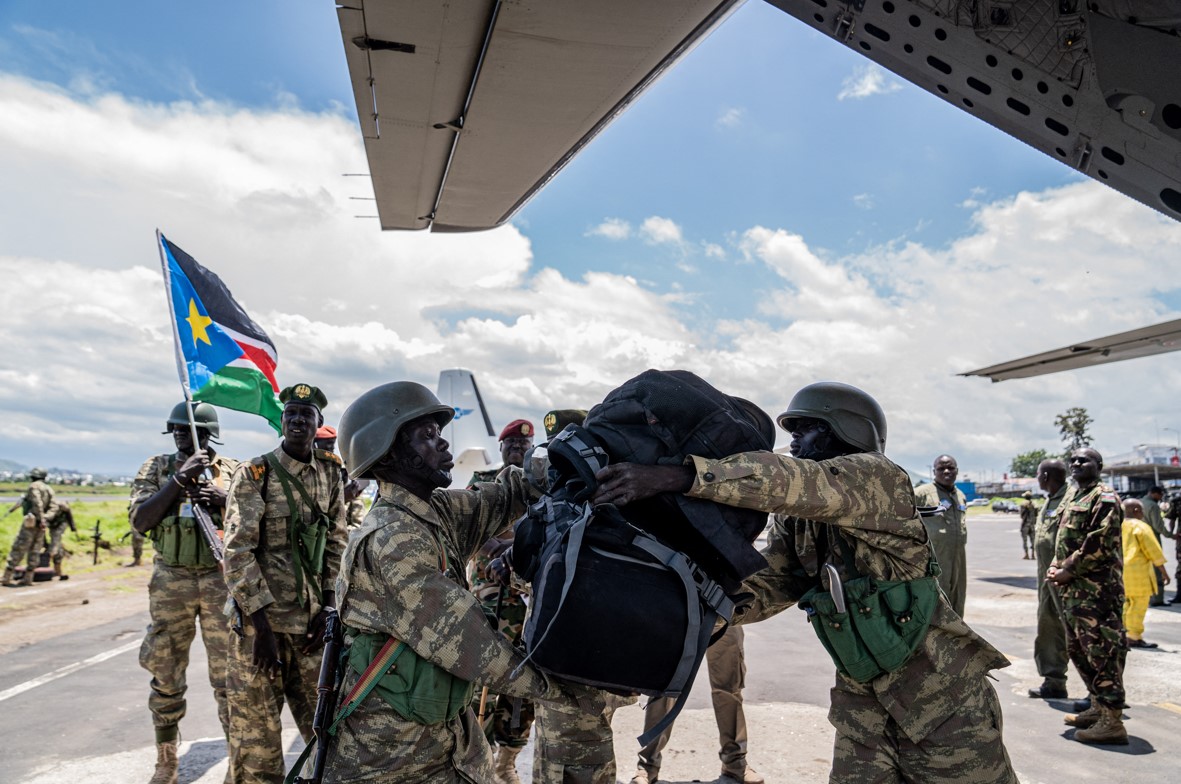 Members of the South Sudan People's Defence Forces (SSPDF) army arrive for deployment at the International Airport in Goma, Eastern Democratic Republic of Congo, on April 2, 2023. (Photo: Glody MURHABAZI/AFP)
Members of the South Sudan People's Defence Forces (SSPDF) army arrive for deployment at the International Airport in Goma, Eastern Democratic Republic of Congo, on April 2, 2023. (Photo: Glody MURHABAZI/AFP)
Given the mentioned prerequisites, it is the constitution-making process which has the longest timeline that will determine the end of the transitional period and other concurrent activities including setting the time for elections, said the statement.
Opposition "ready"
But South Sudan Opposition Alliance has already declared its readiness for the general elections.
They argue that South Sudanese people are tired of transitions and eagerly want to exercise their right to choose their leaders.
In August 2022, parties to the agreement signed a further two-year extension of the governance arrangements, pushing general elections to December this year.
Last December, the UN mission head in Juba, Nicholas Haysom, said the country “is not in a position to hold free, fair or secure elections”.
He said the nation needed to have in place a new permanent constitutional framework, voter registration details, an election security plan, well-trained, equipped, and unified security forces and a mechanism for handling disputes arising from election results.
“A critical mass of these prerequisites is necessary for creating the conditions for the conduct of elections that are not only free and fair but also deemed credible and acceptable to South Sudanese citizens,” Haysom told the Security Council last year.
Analysts fear there could be more political instability as the two main factions, Salva Kiir’s SPLM and Riek Machar’s SPLM-IO, have not yet agreed on any of the required tasks to enable the polls.
The monitoring commission, RJMEC, says there is a need to provide “resources and logistics to fully operationalise the electoral institutions with only 10 months to the scheduled elections in December”.
After gaining independence in 2011 from Sudan, the world’s youngest country was engulfed in civil war from 2013 when President Salva Kiir ousted his deputy, Riek Machar.
The war ended with the signing of a peace agreement in 2018 that brought the two rivals together.
The agreement — including clear deadlines for enactment of laws, enacting the constitution and putting in place relevant institutions — was due to lapse in 2022 with the holding of general elections that would usher in a democratically elected government.
Kiir’s Sudan People’s Liberation Movement (SPLM) maintains that elections will be held as scheduled in December and that they are ready to contest.
Top Stories Today
Reader Comments
Trending
